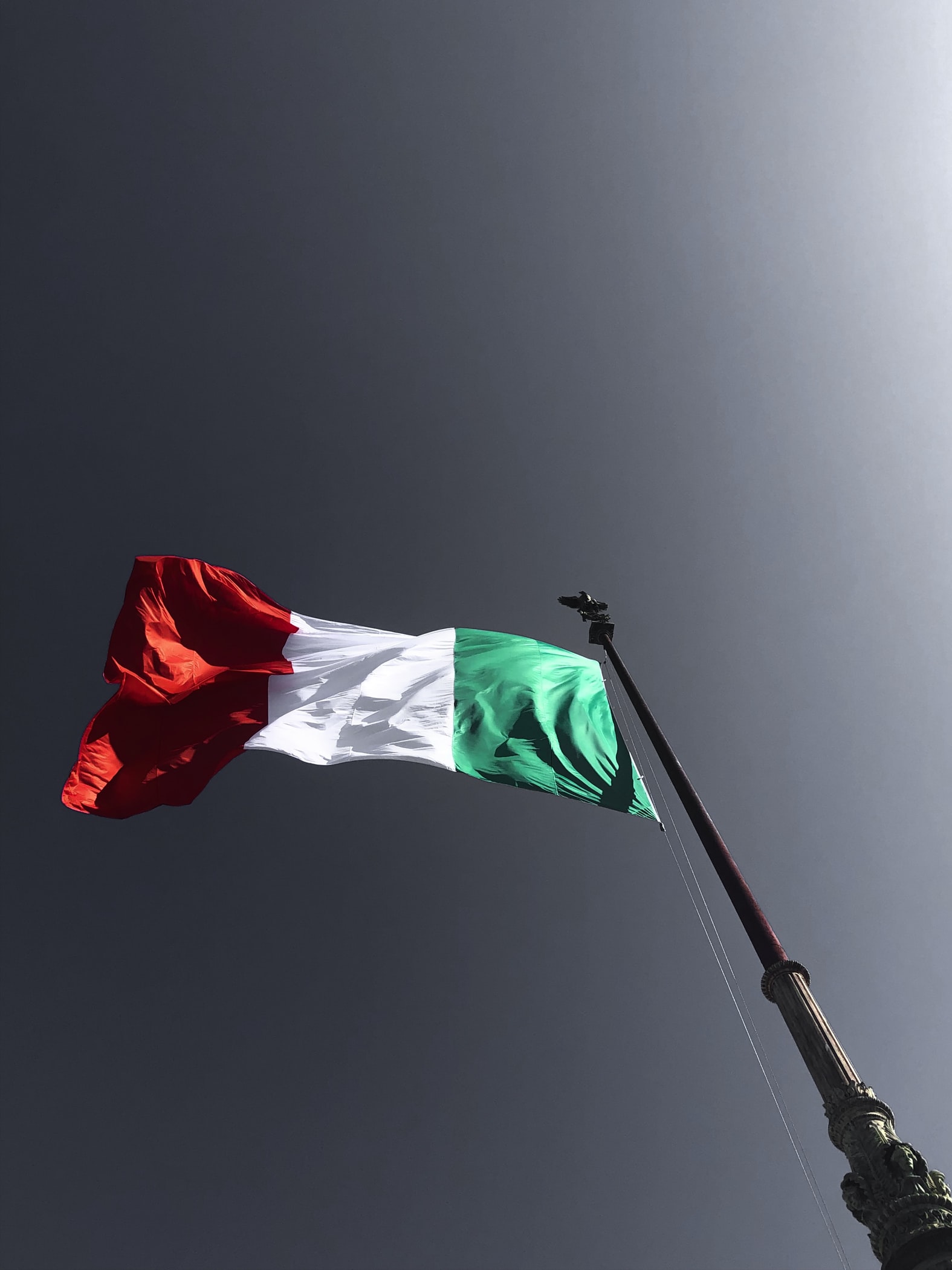News
Virus-hit Italy gets more isolated as nations restrict entry

Internationally, Italy’s status as the centre of Europe’s coronavirus outbreak continued getting reinforced after the Italian government late Monday extended limits on movement it had imposed in northern Italy to the whole country to slow infections. (File Photo: Emma Fabbri/Unsplash)
ROME — Italians faced travel restrictions at home and abroad Tuesday as other countries isolated Italy with flight bans and sweeping quarantine measures took effect nationwide in a desperate government bid to slow the new coronavirus’ silent spread.
Police at Rome’s main train station checked commuters’ paperwork to ensure they had legitimate reasons to leave their residential neighbourhoods for work, health or other “necessary” reasons. Carabinieri teams patrolled cafes to make sure owners were keeping customers 1-meter (yard) apart.
Internationally, Italy’s status as the centre of Europe’s coronavirus outbreak continued getting reinforced after the Italian government late Monday extended limits on movement it had imposed in northern Italy to the whole country to slow infections.
Malta and Spain announced a ban on air traffic from Italy. Malta turned away another cruise ship and some airlines, including British Airways and Air Canada, cancelled flights to the whole country. Neighboring Austria and Slovenia barred travellers from Italy from crossing their borders without a medical certificate. Britain, Ireland, Hong Kong and Germany strengthened travel advisories or flat-out urged their citizens to leave Italy.
“Get out of northern Italy if you’re there. We don’t know how long the Italian authorities will keep the window open,” said Erik Broegger Rasmussen, head of consular services for Denmark’s foreign ministry.
The Vatican even erected a new barricade at the edge of St. Peter’s Square.
Italy in recent days emerged as the country with the most coronavirus cases in the world except for China. Authorities reported 10,149 infections as of Monday evening and 631 deaths, 168 more than a day earlier. And officials said they expect many, many more.
The governor of northern Lombardy, the region of Italy hardest-hit by the coronavirus, said Tuesday he would ask the government to tighten measures further after new data showed the contagion continuing to spread.
Atilio Fontana told La7 private television that the mayors of the region’s 12 provincial capitals had agreed to seek measures to close non-essential stores and shut down local public transport.
“It’s bad. People are terrorized,” said Massimo Leonardo, whose family has run a vegetable stand in Rome’s Campo dei’ Fiori market since 1980. While some customers were stocking up on blood oranges and artichokes, others called him asking for home deliveries, fearful of going outside.
“I’ve never seen anything like it,” he said.
Europe’s airports say they expect 187 million fewer passengers this year due to the virus outbreak, which is “turning into a shock of unprecedented proportions for our industry.”
ACI Europe, which represents the sector, estimated Tuesday that the outbreak will mean a 13.5% drop in airport passengers in the first quarter alone. That translates to 1.32 billion euros ($1.5 billion) in lost revenue. Airports in Italy are most affected.
“What they are now bracing for is a total collapse in air connectivity and the prospect of losing most of their revenues,” said Olivier Jankovec, director general of ACI Europe. He urged the Italian government to provide emergency financial support.
Ordinary Italians, though, appeared to be taking Premier Giuseppe Conte’s draconian new containment measures to heart and where possible, stayed home. The streets of Rome, the Italian capital, were as quiet Tuesday morning as during the country’s annual mid-August vacation shutdown.
The SWG polling firm found Tuesday that Italians have finally realized the gravity of the virus, with nearly 55% “very concerned” compared to 37% a week ago.
“Let’s say that I am reasonably worried,” said Juan Preto, a Spanish citizen who lives in Rome.
For most people, the new coronavirus causes only mild or moderate symptoms, such as fever and cough. But for some, especially older adults and people with existing health problems, it can cause more severe illnesses, including pneumonia. More than 115,800 people have been infected worldwide and over 4,000 have died.
The World Health Organization says people with mild illness recover in about two weeks, while severe cases may last three to six weeks. In mainland China, where the outbreak emerged in December, almost three-fourths of its more than 80,000 patients have recovered.
In Rome, communications freelancer Brette Ashley Jackson said she woke up stunned at the surreal turn of events. She had spent the night in the the capital to catch a Tuesday flight to New York for an uncle’s funeral, only to find it was abruptly cancelled. She wondered how or if she could get home to her main residence in Lucca.
“This is life until April 3rd,” she wrote to friends on Facebook. “Thanks for your concern and well-wishes. At least we’re in a beautiful prison.”
———
This story has been corrected to show that the name of the communications freelancer is Brette, not Brett.





















